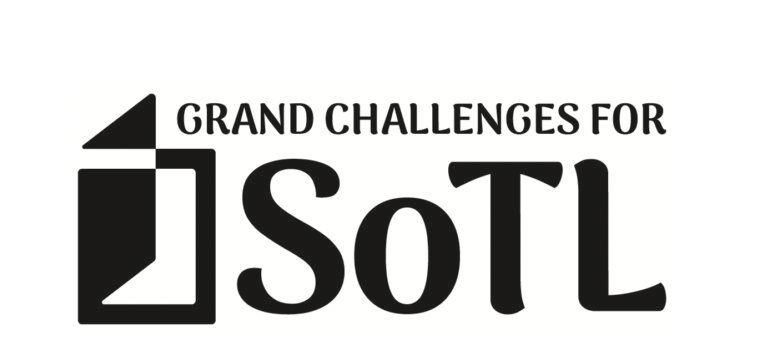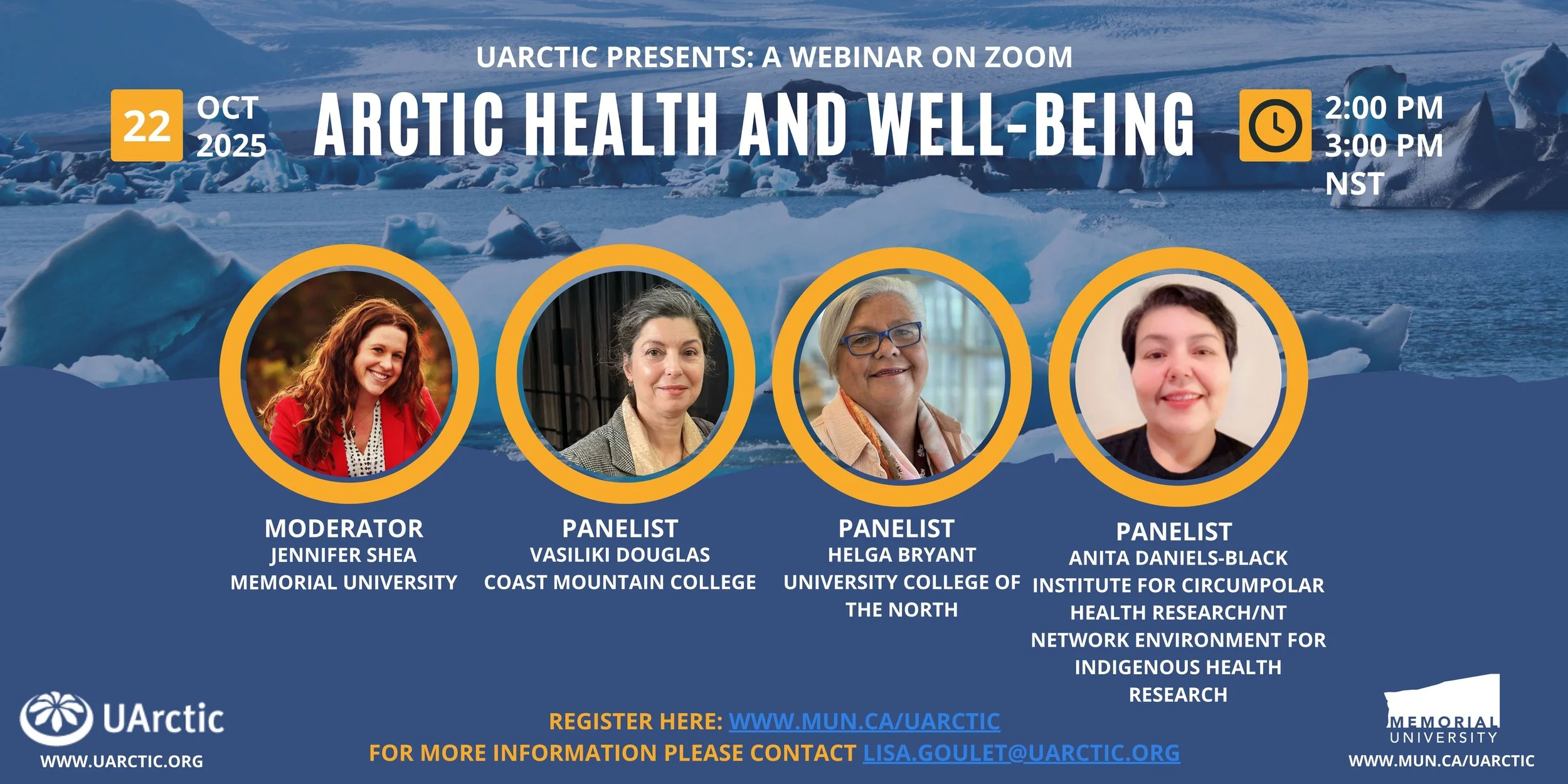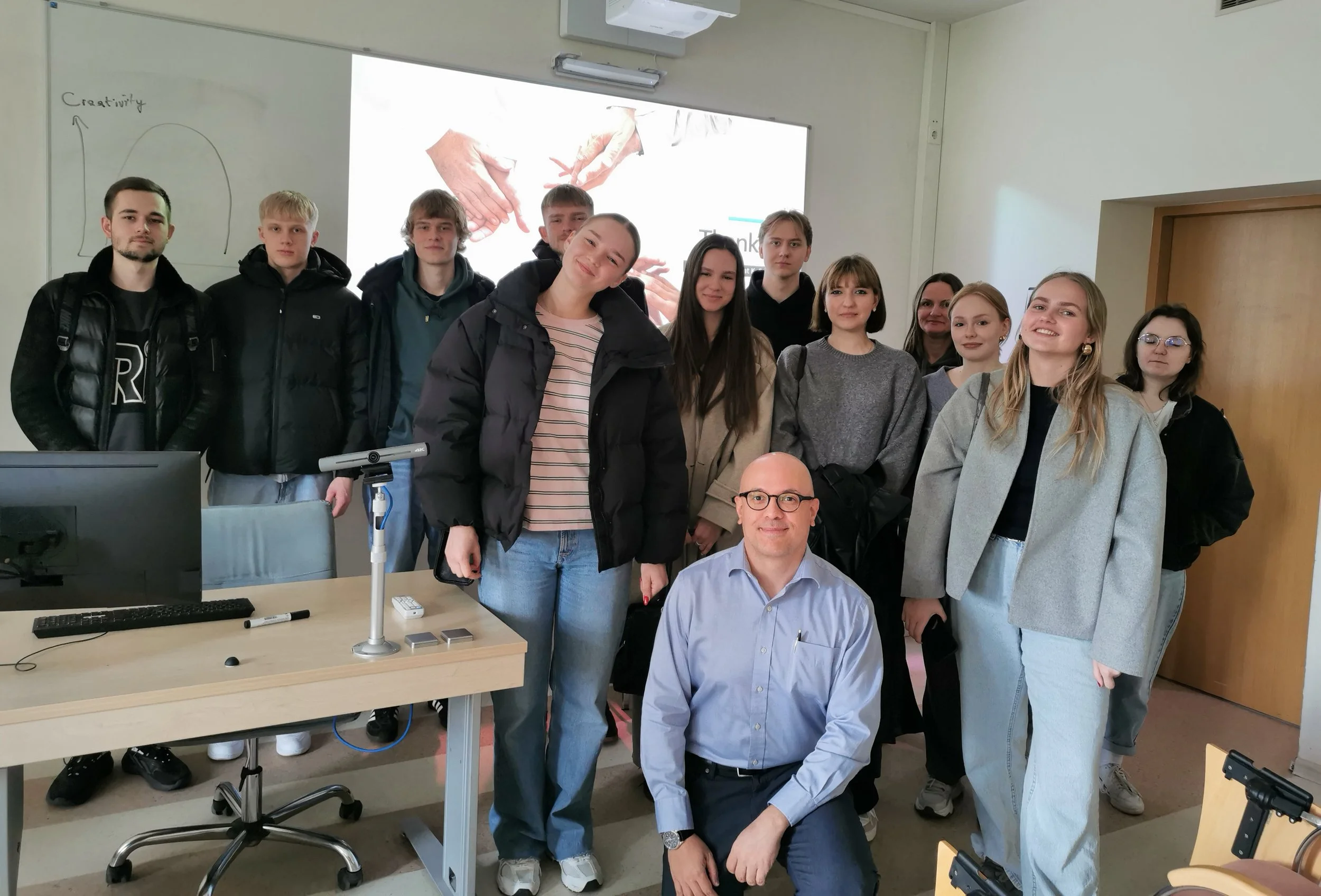A, an, and the are articles placed before a noun and any modifiers that refer to that noun.
A/An
A and an are called indefinite articles. This means that these articles are used for general reference and refer to non-specific things or people. They are also used in front of countable nouns (a department or an experiment). A/an never comes before a plural noun (i.e. a books).
A and an are often used to introduce something/someone for the first time:
E.g. A doctor developed a vaccine for Ebola.
An is generally used in front of nouns that start with vowels (a, e, i, o, or u) or silent h.
E.g. “An event”, “an hour ago” (but “a house fire”)
Exceptions: Use a in front of nouns that have a consonant sound.
E.g. “a university” (university starts with a consonant ‘y’ sound so a is used). If unsure, try pronouncing the word first to see whether it requires a or an.
The
The is called a definite article as it refers to something or someone specific. The is also used to refer to something special or unique.
Examples:
Certain celestial bodies (the earth, the sun, the moon)
Political titles (The President of the United States)
Countries that are pluralized or a collection (The United Kingdom)
Some landmarks (The CN Tower, The Great Pyramid)*
Specific decades or centuries (The 1920’s, the 1800’s)
The is also used to talk about something that was introduced previously.
E.g. The doctor who developed the vaccine for Ebola receive the Nobel Peace Prize.
No Articles
In some situations articles are not necessary.
Most countries and cities (Canada, Mexico, Toronto)
All proper nouns (Brian, Susanne, Lake Superior)
Abstract concepts (education, intelligence)
Food and drinks (rice, beer)
Emotions (courage, happiness)
Plural nouns (men, women, sailors)
Fields of study (Business, Science, International Development)
Specific years (1985, 1867)
Exceptions
If the sentence contains a prepositional phrase then it is necessary to use the in front of abstract concepts and emotions. Examples:
Happiness is the key to success. (does not contain a prepositional phrase)
The happiness of family life is the key to success. (does contains a prepositional phrase).
If a sentence has food or drink in it contains information on where it came from or whom it belongs to then the is required. Examples:
Cheese is quite popular. (Non-specific cheese)
The cheese that was made in Nova Scotia is quite popular. (Specific cheese from a specific place)
The cheese is in his fridge. (Specific cheese belonging to someone)
Practice ↓
Decide whether the following sentences require a/an/the or no article.
1.Many ancients believed that___ Sun revolved around___ Earth.
2.Simone has___ degree in___ international development and__ certificate in___ linguistics.
3.__ experiment was monitored for___ hour.
4.Saint Mary’s is____ university located in the heart of____ Halifax.
5.__ undergraduate degree is necessary before you can apply for___ master’s program.
6.__ Canada will have its next federal election sometimes in __ 2015.
Answers ↓
1.Many ancients believed that the Sun revolved around the Earth.
2.Simone has a degree in international development and a certificate in linguistics.
3.An experiment was monitored for an hour.
4.Saint Mary’s is a university located in the heart of Halifax.
5.An undergraduate degree is necessary before you can apply for a master’s program.
6.Canada will have its next federal election sometimes in 2015.
Answers
Many ancients believed that the Sun revolved around the Earth.
Simone has a degree in international development and a certificate in linguistics.
An experiment was monitored for an hour.
Saint Mary’s is a university located in the heart of Halifax.
An undergraduate degree is necessary before you can apply for a master’s program.
Canada will have its next federal election sometimes in 2015.





























